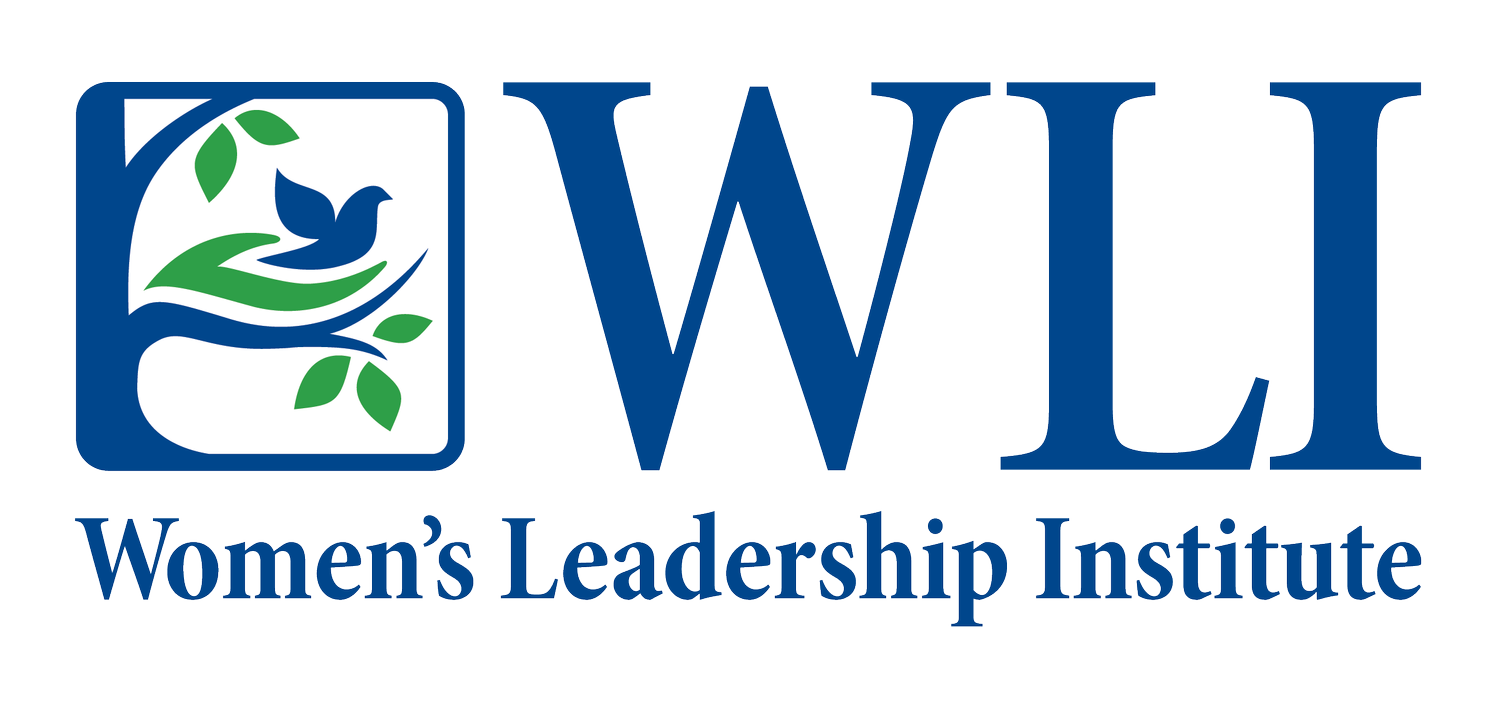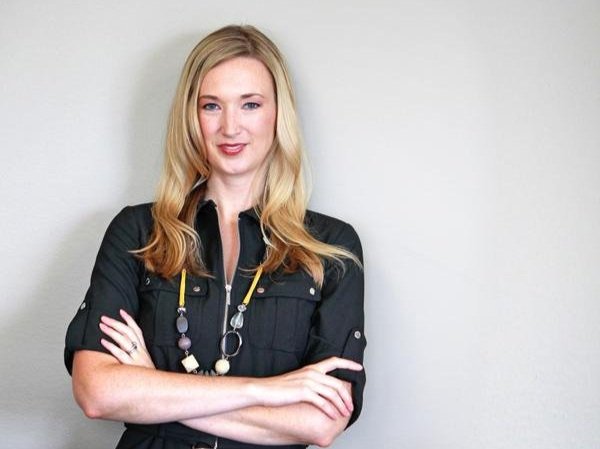Christian Women in Leadership: Sarah Holtan
by Sharla Fritz
What does it look like to be a woman in a leadership role? How does Christian faith impact leadership? And what happens when you put the two together?
To find out, we caught up with Sarah Holtan who is the Chair of the Department of Communication at Concordia University of Wisconsin. Sarah has been at CUW since 2001 and has held numerous roles there. She holds a B.A. in Mass Communication and Political Science from Augsburg College, and M.S. in Education for CUW, and a Ph.D. in Journalism Education from Marquette University.
We asked Sarah a few questions about her job and her views on Christian leadership:
Q: What’s the favorite part of your job?
A: I love developing curriculum, energizing class discussions, mentoring, career counseling, and inventing fun “side” projects completely outside my job description.
Q: How do you bring your Christian values into your work?
A: Integrity: Via role modeling; and holding myself, peers, direct reports, and students accountable to expected standards.
Citizenship: Integrating current events into course curricula.
Service: Offering short-term service learning projects in a few courses; serving on many committees; and nearly always saying yes to special requests, tasks, and duties.
Work Ethic: A disposition of gratitude toward my professional vocation; being willing to roll up my sleeves and do the work.
Q: Can you remember a specific experience where you relied on your Christian faith or values to lead you through a tough decision or important task?
A: I was the Dean of Students for several years at CUW and the Chief Conduct Officer. I had to make many tough decisions.
One of the toughest types of decisions was whether a student had to be removed from a resident hall or the University following a serious violation. I had to weigh the rights of the individual student and the concept of forgiveness against the rights of the community and the concept of consequences. As such, I often relied on my values of integrity and citizenship. I don’t know if I got all the tough decisions right but I’m hopeful that God was able to use any mistakes for something good.
Q: How does working in a religious or secular setting change the way you lead as a Christian?
A: I’ve worked in both settings and they do seem different. Perhaps I am more thoughtful about how my decisions affect others now that I work in a religious context. My success seems secondary to others now. However, age and maturity might be the key contributors to becoming more other-centered. It’s important that Concordia prepares students to be Christian leaders wherever they work, regardless of the setting.
Q: Who are your biggest role models as a leader?
A: I am blessed to have a peer group that has supported and helped me grow professionally. We call ourselves the “Dream Team,” although no one else has adopted that moniker! Our similarities drew us together and aided in our bonding. Our differences challenge us and spur growth.
Q: What most prepared you to be a Christian leader in the workplace?
A: Ironically, it was the creation of an in-house, faith-based leadership program for faculty and staff at Concordia. A colleague, Prof. Tracy Tuffey (Psychology Department) and I developed the program from scratch. We created a proposal, pitched it to the higher ups, secured funding, generated buy-in from participants and administrators, organized the logistics, facilitated the sessions, assessed the program, and turned it into a research project.
Prof. Tuffey and I simply wanted to fulfill a perceived need on our campus. No one asked us to do this nor compensated us. It’s actually been an enormous energizer for me at work. It’s also taught me a lot about having an original vision and seeing it through, despite the obstacles. I believe vision and perseverance are two hallmarks of leadership.
Q: What challenges do you face as a Christian leader in your workplace?
A: I’ll answer the same way I’ve heard others answer: the scrutiny of being a Christian. It seems to be held against us at times. It’s quite impossible to be perfect and people watch us very carefully! I have found that when I try to defend my Christian perspective (e.g., consequences along with forgiveness), I just end up sounding defensive. That is something I am working on.
Q: What is the most important piece of advice you would want to pass along to other Christian women in leadership?
A: Fight the Good Fights. Ask yourself a few questions to discern the difference between Good and Bad Fights. Does justice need to be served? Does a person or a cause need advocacy? Is this project/task/duty worthwhile personally or professionally, even if there is no recognition or compensation? Would you still take this project/task/duty on, even if creates a headache or full-blown backlash? Could you defend yourself with evidence? If you took your ego out of the equation, would you still engage in this conflict? If you “lose” the fight, can you turn the “loss” into a valuable lesson?
I don’t mind a good loss. It can ease my conscience, serve others, and possibly even build some credibility and trust along the way. Ideally, it paves the way for change in the future. Sounds counter-intuitive, but that’s been my experience.


